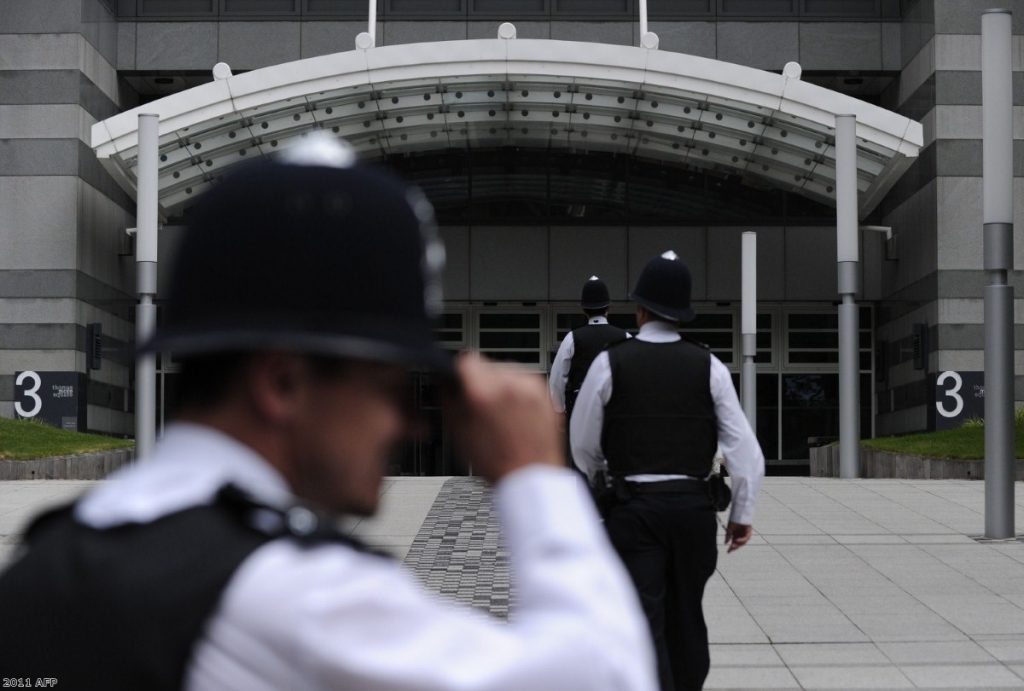Fleet Street in uproar as Met uses Official Secrets Act over phone-hacking
By Ian Dunt Follow @IanDunt
Journalists reacted with outrage today after the Met tried to use the Official Secrets Act to force the Guardian to reveals its sources in the phone-hacking investigation.
Scotland Yard officers said the newspaper may have been breached the Act when two of its reporters revealed that the phone of Milly Dowler had been hacked.
The move is particularly controversial given that subsequent reports threw a harsh light on the Met's failure to thoroughly investigate the original crime.


It also raises serious questions about the new regime at Scotland Yard, given that it is one of its first acts under new commissioner Bernard Hogan-Howe.
Guardian editor Alan Rusbridger promised to "resist this extraordinary demand to the utmost".
Esther Addley, a senior reporter at the newspaper, tweeted: "Having failed to investigate News of the World crimes for a decade, police now trying to move against Guardian which exposed them."
The political editor of the Daily Mirror, Kevin Maguire, said: "Met chief Hogan-Howe inspired by Dixon of Dock Green or Stasi? Nuts to use Official Secrets Act against Guardian."
Owen Jones, author of 'Chavs: the demonisation of the working class', wrote: "The Met's legal attempt to reveal the Guardian's phone-hacking sources is an outrageous attack on the press. The Met should focus on its own corrupt, bribed officers."
Emily Bell, director of the Tow Centre for Digital Journalism at Columbia Journalism School, said the action "has strong undertones of a Berlusconi state".
Media lawyer David Allen Green branded the move "the legal equivalent of the nuclear option" while Daily Politics presenter Andrew Neil suggested it was a "heavy-handed attack on free press?"
Journalists will treat the order as a brazen attempt to sidestep the usual rules allowing them to protect their sources.
The Official Secrets Act is commonly used in cases of espionage, although it is also traditionally given to people to sign when they are handling sensitive information in the public interest.
Tom Watson, the Labour MP who worked closely with the Guardian over phone-hacking, commented: "It is an outrageous abuse and completely unacceptable that, having failed to investigate serious wrongdoing at the News of the World for more than a decade, the police should now be trying to move against the Guardian."
Police will go to the Old Bailey later this month to force the handover of the information, which led to several articles written by reporters Nick Davies and Amelia Hill.
Those articles triggered the resignation of Met commissioner Sir Paul Stephenson and assistant commissioner John Yates.
A police officer is also being investigated under the Act. The Guardian insists it did not pay any officers for information during the investigation.









